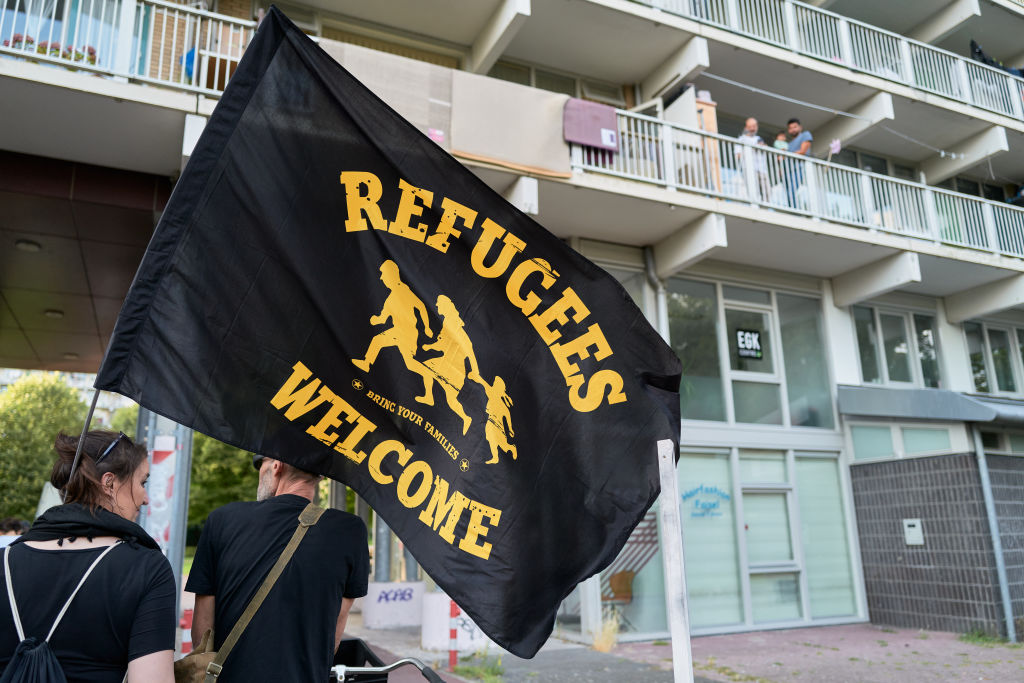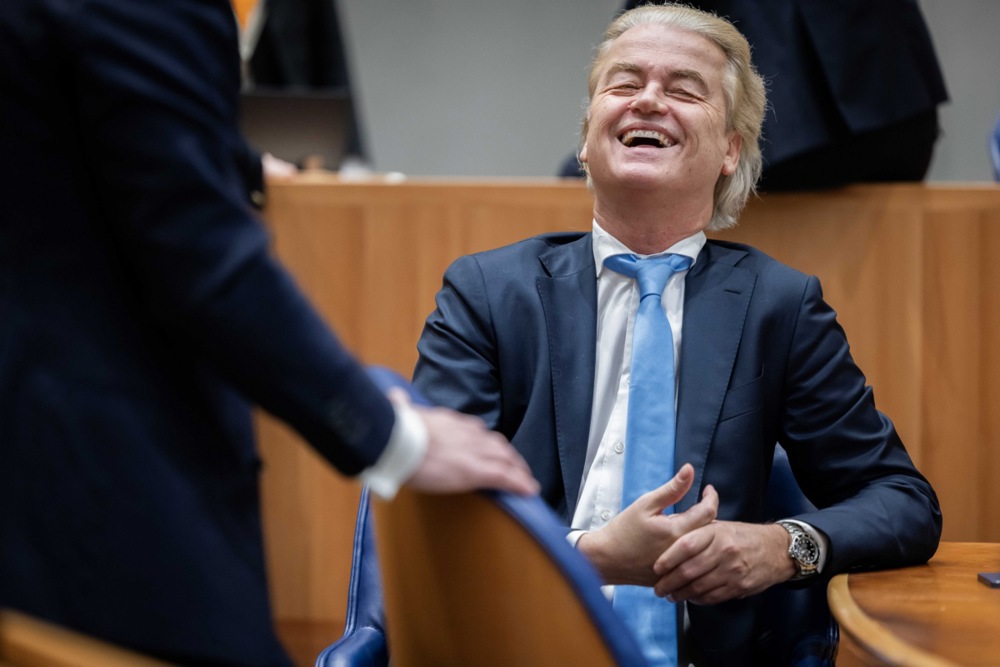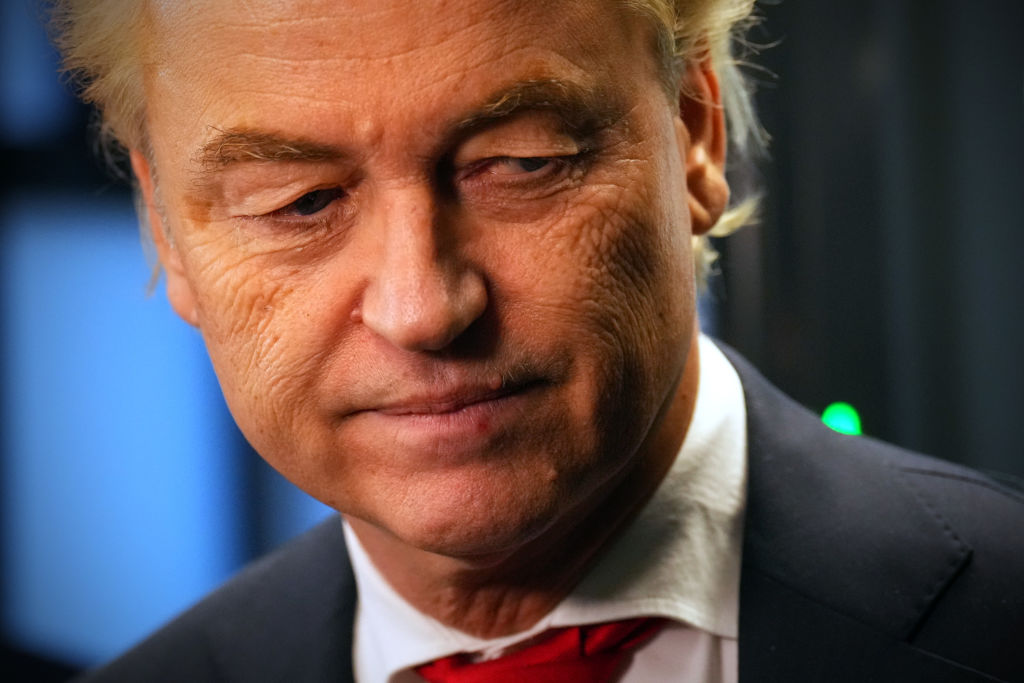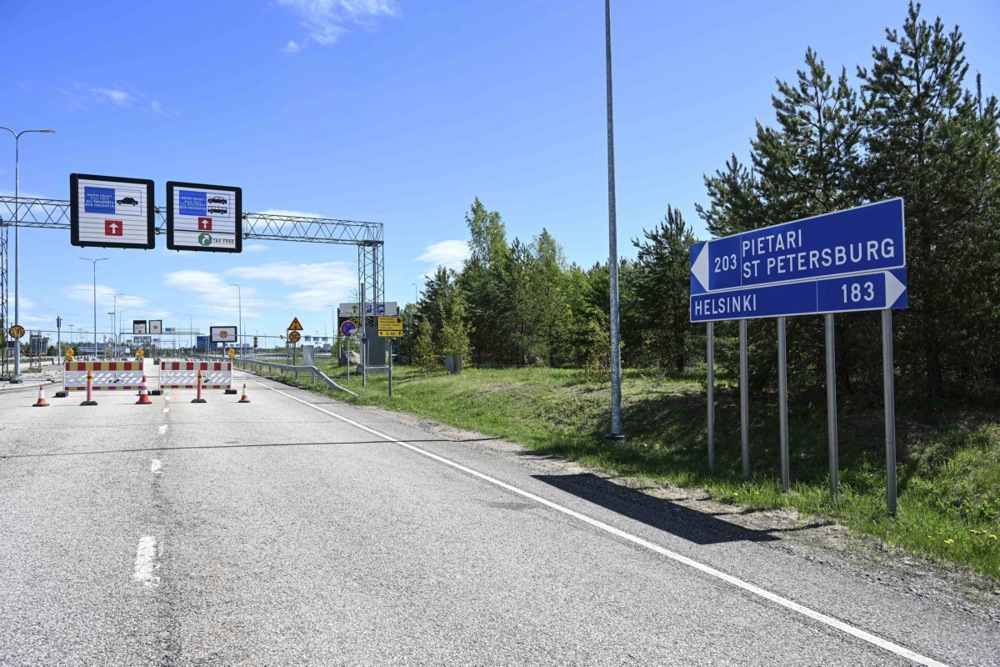The Dutch Government has said it wanted to render parts of the immigration law inoperative in a bid to stem the high number of incoming asylum seekers.
Migration minister Marjolein Faber, a member of Geert Wilders’ PVV party, announced the intention in a parliamentary debate on September 12.
The move was designed give the government more leeway to limit immigration and would enable it to take measures that do not need parliament’s approval.
In the proposed changes, family reunification would require a minimum two-year residency status. Refugees should also secure independent housing and demonstrate a personal income.
Earlier attempts to put in place similar policies have been shot down by Dutch and European courts.
With such a change of the immigration law, the government could immediately restrict family reunification of adult children and curtail the filing of multiple asylum applications (known as “stacking”) using administrative decisions.
When asylum seekers file multiple applications , often in different countries or on different grounds, the system becomes overburdened and procedures are then prolonged by the authorities.
Faber said she wanted to declare an “asylum crisis” that would last between one or two years, she estimated.
Replying to journalists who said she would require permission for this from the European Union, Faber said the immigration legislation was part of Dutch national law and was not a EU matter. Declaring an asylum crisis would, she admitted, be bound by international law.
“People are experiencing an asylum crisis, the systems are jammed in healthcare, education and housing,” Faber said.
“The government can’t fulfil its constitutional duties in this manner.”
She stressed any such move would be taken according to the law. “I do exactly what I can, what is permitted,” the minister said.
In due time, parliament will get the opportunity to vote on the continuation these extraordinary administrative measures, should they be implemented.
To enable its plans, the Dutch Government will ask the EU for an opt-out of European migration and asylum policy, something Brussels has already indicated is possible.
Parties from the Left have already denounced the plans, calling them “undemocratic”.
Jan Paternotte, of the left-liberalist D66 party, lamented the timing of the government announcement.
“A debate the day before the coalition agreement comes out is a bit like packing for holiday, but you don’t know yet whether you’re going to the sun or the snow.”
It is an ambition of the right-wing government, where Geert Wilders’ PVV is the biggest party, to have “the most strict migration policies ever”.
Farmer-Citizen Movement MP Claudia van Zanten said: “At this rate, the Netherlands could have 21 to 23 million inhabitants by 2050. That’s far too many for our small country.
“Thankfully, this cabinet’s outline agreement includes a robust migration policy.”
PVV was said to be looking east, watching how Germany reintroduced border controls.
Dick Schoof, the newly installed Prime Minister of the Netherlands, says that solving the migration problem is a key issue for the new government. https://t.co/rVnwYkpmtp
— Brussels Signal (@brusselssignal) July 4, 2024





